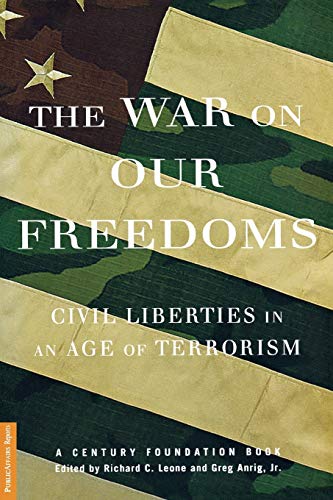 The War On Our Freedoms
Best Price: $1.21
Buy New $4.99
(as of 03:50 UTC - Details)
The War On Our Freedoms
Best Price: $1.21
Buy New $4.99
(as of 03:50 UTC - Details)
For 24-hour party people a visit to the land of the midnight sun is a must. For one thing, the Swedes are serious when it comes to having fun – and at this time of year the sun never sets.
And so it is that I find myself at the Peace and Love festival in Borlänge long after bedtime, negotiating a sea of tents which stretches far into the blood-red glow of a night-long dusk .
I am here to try to find out what it is about Swedes that has put them at the heart of a raging debate about internet freedom.
It is estimated – but nobody really knows – that at least one in 10 Swedes swap music illegally via BitTorrent file-sharing websites like Sweden’s notorious Pirate Bay, and it is thought that in 2008, some 15m films were illegally downloaded here.
‘Sharing is caring’
Sitting in the shelter of a waist-high pile of beer crates I find my target demographic – a group of music-loving festival-goers.
Out of the five of them, three voted for the Pirate Party in this year’s European elections, helping to put a representative, Christian Engström, into the European Parliament.
Twenty-year-old Erik Lennermo explains why he voted for the Pirate Party.
"Civil rights. Everybody has a right of privacy for their own e-mails, SMS messages and phone calls. File-sharing is just a small bit of the whole cake."
 CONSTITUTION IN EXILE,...
Best Price: $0.10
Buy New $3.93
(as of 04:40 UTC - Details)
CONSTITUTION IN EXILE,...
Best Price: $0.10
Buy New $3.93
(as of 04:40 UTC - Details)
His friend Daniel Gustavsson’s support for the Pirate Party is more straightforward: "I just care about the file-sharing," he says. "Sharing is caring."
Such views have propelled the country into what Swedish MP Camilla Lindberg describes as the biggest political debate for 20 years.
At its heart is a controversial law passed in parliament last year.
Known as the FRA Law, in honour of the Swedish electronic intelligence agency, equivalent to Britain’s GCHQ, it permits the monitoring of international phone calls, e-mail and internet traffic.
Some of the world’s most powerful computers will scan all cross-border e-traffic in real time for a quarter of a million trigger words and phrases that the security services believe warrant further investigation.
And it can be done without judicial oversight.
Anti-terror necessity
In the UK the Home Office recently put out to consultation proposals which would give GCHQ similar powers.
July 24, 2009




